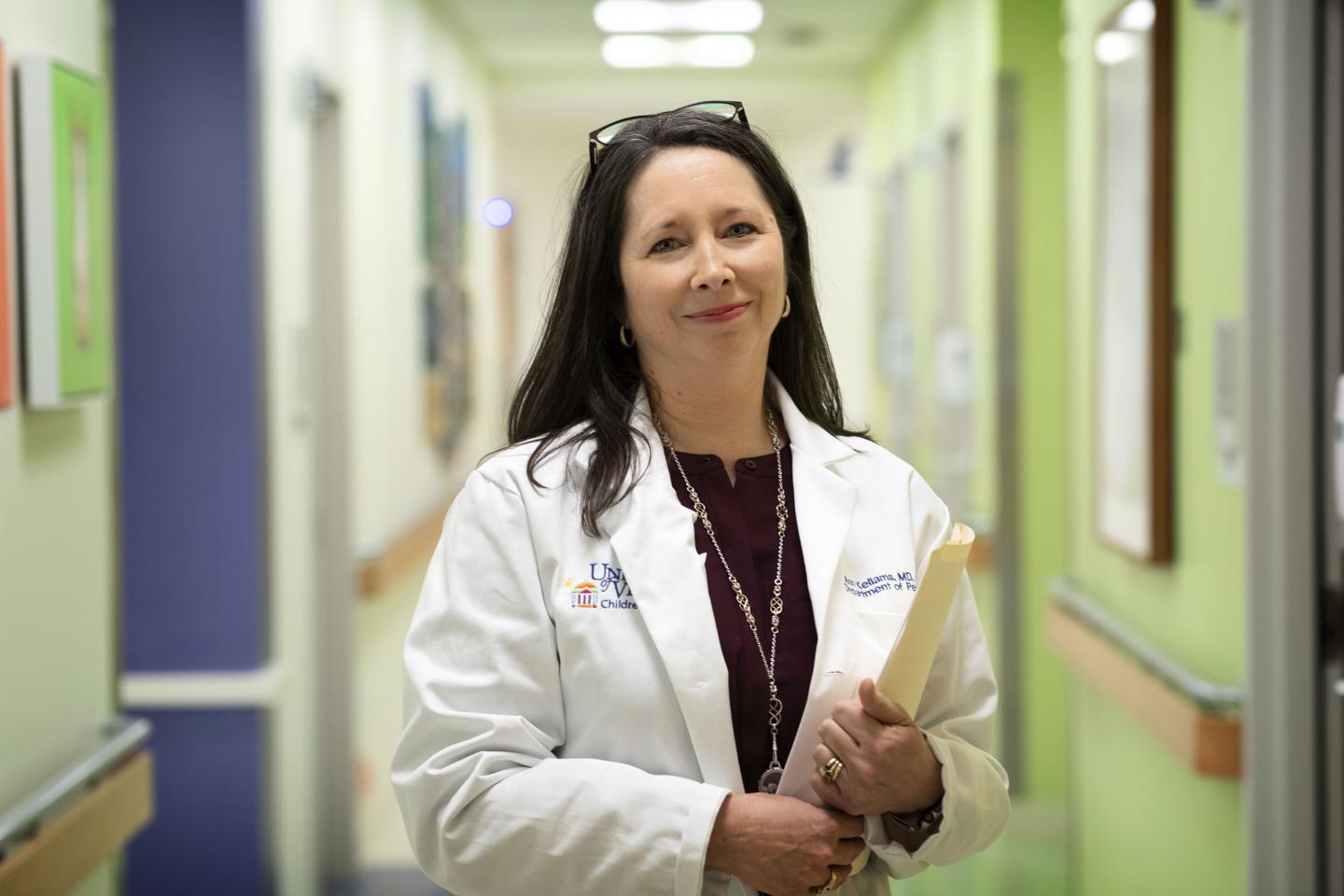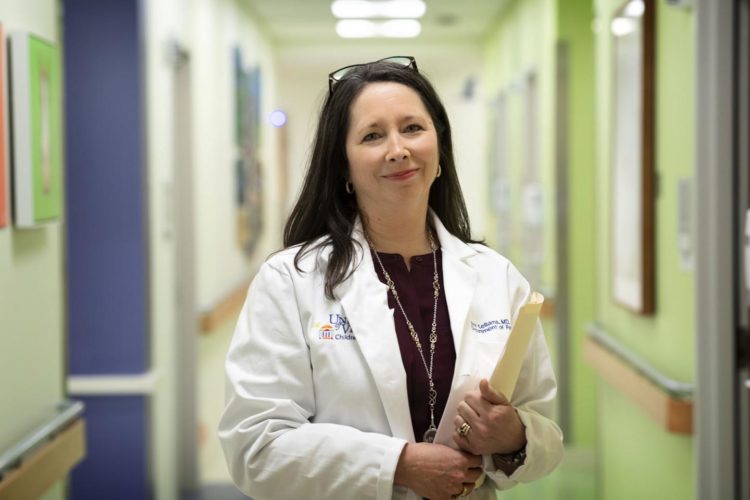
Credit: Dan Addison | UVA Communications
A new guide seeks to ensure healthcare providers are ready to help new mothers with the challenging first week of breastfeeding – and to address gaps in knowledge and support created in previous decades when breastfeeding was far less common.
Doctors increasingly have come to appreciate the benefits of breastfeeding, and they now encourage new moms to breastfeed exclusively for the first six months, when possible. But new mothers often face obstacles, and physicians and other care providers need to know the best ways to address those, the guide’s authors say. Their article in the journal Pediatrics, based on evidence collected in the last 10 years, seeks to provide useful tools and information so new moms get the support they need.
“In the late ’70s, early ’80s, as few as 1 in 5 women even tried breastfeeding, so we lost a generation of doctors and nurses as well as family members and support people who had experience with exclusively breastfed babies,” said Ann Kellams, MD, a study author and a pediatrician at UVA Children’s. “Now that the benefits of exclusive breastfeeding are well-known, it is important for families and the doctors and nurses caring for them to be able to identify those at risk of complications.”
Helping Moms With Breastfeeding
The article addresses a variety of important topics, including groups that may encounter difficulty breastfeeding, such as the increasing numbers of women having children later in life. It aims to help care providers better evaluate early breastfeeding, assess mom and infant risks, understand the implications of nutritional supplementation and ensure mom and baby receive the appropriate follow-up care.
The article includes a useful tool to help clinicians determine when moms need to supplement their natural flow of breast milk and if the mothers can do this on their own by expressing [collecting] their milk, or if they need donor human milk or infant formula. The authors note that most mothers can produce enough milk, and most babies are able to breastfeed exclusively. (Current guidelines call for exclusive breastfeeding for the first 6 months, when possible, followed by breastfeeding along with other foods until at least 12 months.)
“This state-of-the-art review highlights these evidence-based solutions and summarizes new tools that can be used to monitor and manage breastfeeding in order to help mothers achieve their personal breastfeeding goals,” said the article’s lead author, Lori Feldman-Winter, MD, of Cooper University Hospital-Cooper Medical School of Rowan University. “While the incidence of breastfeeding has been on the rise, many infants and mothers encounter difficulties starting out breastfeeding during the first week after delivery. Healthcare practitioners need the appropriate knowledge and skills to identify those at risk for breastfeeding problems to provide evidence-based solutions for breastfeeding management.”
Co-author Alison Stuebe, MD, of the University of North Carolina School of Medicine, said care providers need to provide new moms with careful risk assessment, clear guidance and open communication. “Too often, mothers blame themselves when breastfeeding comes undone,” she said. “Tailored support in the first week is essential so that every mother has the opportunity to nurture her baby at breast.”
###
Findings Published
The article’s authors were Feldman-Winter, Kellams, Sigal Peter-Wohl, Julie Scott Taylor, Kimberly G. Lee, Mary J. Terrell, Lawrence Noble, Angela R. Maynor, Joan Younger Meek and Stuebe.
To keep up with the latest medical research news from UVA, subscribe to the Making of Medicine blog at http://makingofmedicine.
Media Contact
Josh Barney
[email protected]
434-906-8864
Original Source
https:/
Related Journal Article
http://dx.





